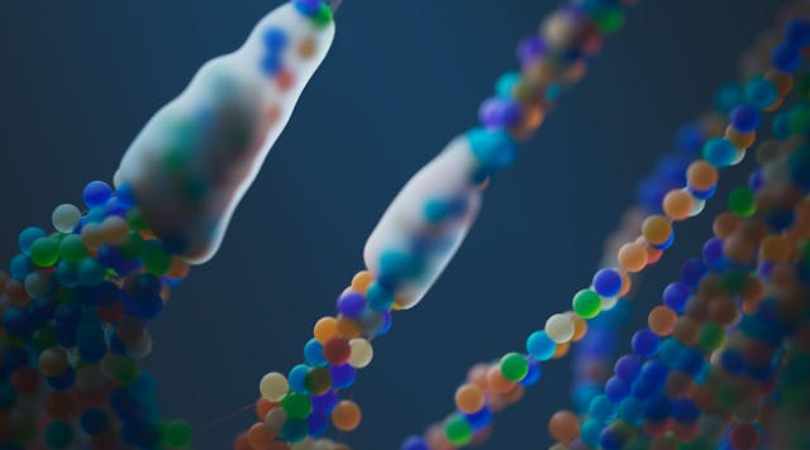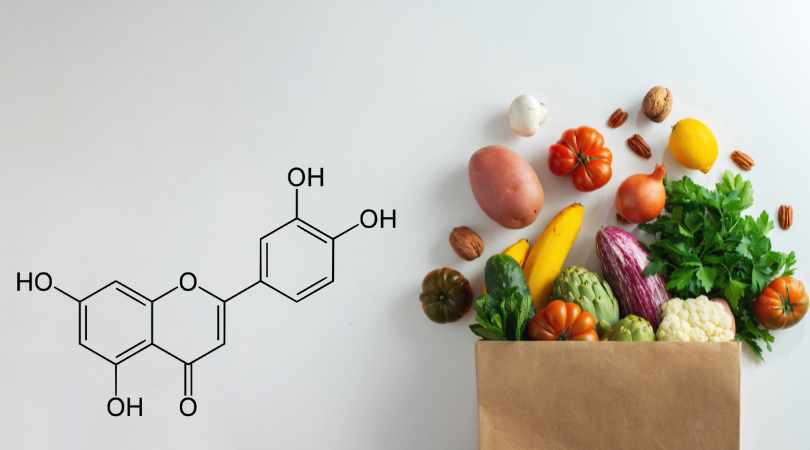Scientists have successfully restored the lost uricase enzyme, a key breakthrough in combating fructose-induced fat formation. This discovery offers new hope for preventing obesity and metabolic disorders by targeting how the body processes sugar and stores fat.
Limited Quantities Available! Order Today and Enjoy Free Shipping on Orders Over $100!
Controlling Fructose with Diet: Admirable, but Restrictive

Understanding the critical role of fructose in metabolic health is essential. Fructose metabolism uniquely burdens the body by depleting cellular energy stores, converting ATP (the cell’s energy currency) to AMP, a process that also produces uric acid. This pathway is believed to be a primary cause of metabolic syndrome, a cluster of conditions that increase the risk of heart disease, stroke, and diabetes. Consequently, controlling fructose intake is not just beneficial but imperative for maintaining metabolic health.
The concept of controlling fructose through diet involves more than just cutting back on sugary treats; it requires a significant restriction of several key food groups to restore cellular energy levels effectively. Once this balance is achieved, the body can begin to recover from the adverse effects of excessive fructose consumption. Cravings for sugary foods start to fade, and signs of metabolic health, such as improved insulin sensitivity and reduced risk factors for metabolic syndrome, begin to emerge. The following sections detail the foods and habits that need to be controlled and restricted to embark on this path toward improved health.
Processed Foods, Sweets, and Natural Sources
Processed foods and sweets are significant sources of added fructose, primarily through high-fructose corn syrup (HFCS) and table sugar, which is 50% fructose. However, it’s not just processed foods that warrant attention; natural sources like honey and certain fruits also contribute to fructose intake. While fruits offer nutritional benefits, choosing low-fructose varieties and consuming them in moderation is key to managing fructose levels without missing out on essential nutrients.
High Glycemic Foods
Carbohydrates that cause a rapid spike in blood glucose, known as high glycemic foods, can indirectly increase fructose production within the body. This includes not just sugary foods but also starchy carbohydrates like pasta and rice. The body’s response to the surge in glucose can lead to increased insulin levels, which, in turn, can trigger the polyol pathway, converting glucose to fructose inside cells and exacerbating metabolic issues.
Alcoholic Beverages
The relationship between alcohol and fructose metabolism is complex. Alcohol consumption can indeed trigger endogenous fructose production, explaining why cutting alcohol might lead to sugar cravings and vice versa. This is likely due to alcohol’s impact on the liver and its metabolism processes, including those related to fructose, further underscoring the need to moderate alcohol intake for better metabolic health.
Foods Rich in Uric Acid
While foods high in uric acid, like red meat and seafood, do not directly cause endogenous fructose production, they contribute to the same metabolic pathway affected by fructose. By increasing uric acid levels in the body, these foods can exacerbate the effects of fructose metabolism, leading to a cycle of cellular energy depletion and increased risk of metabolic syndrome.
Conclusion
Fructose’s effects can be likened to those of an addictive substance, making dietary restrictions challenging to adopt and maintain. The average detox from fructose takes about three weeks, after which cravings generally start to subside. However, adhering to such a restrictive diet is a significant challenge, especially in a culture laden with easily accessible sugary options. This is where Sugarshield, featuring the natural fructokinase inhibitor Luteolin, presents a practical solution. By mitigating the need for stringent dietary changes, Sugarshield offers a simpler, more accessible path to controlling fructose intake and supporting metabolic health, making the journey towards wellness not just achievable but sustainable.
Disclaimer: The information in this blog reflects personal opinions, experiences, and emerging research. It is not intended as medical or professional advice and should not replace consultation with qualified professionals. The accuracy of this content is not guaranteed. Always seek guidance from a licensed expert before making any health-related decisions.







